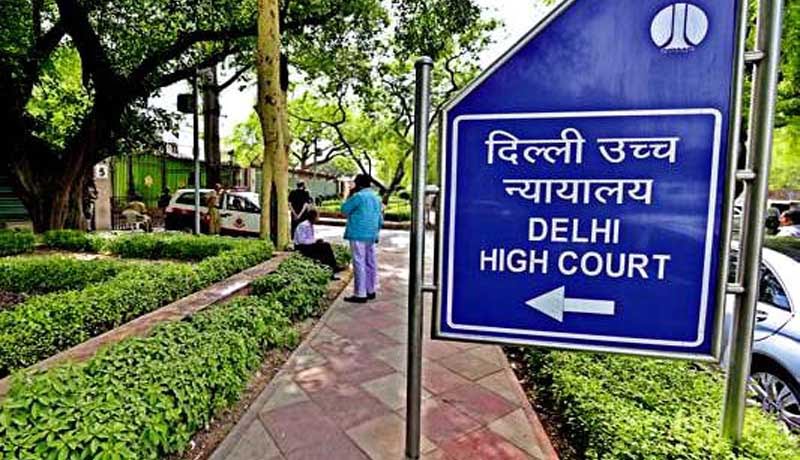Tax Exemption to a Religious/Charitable Trust can’t be denied If It is not exclusively meant for one particular religious community: Delhi HC

A division bench of the Delhi High Court, in CIT v. M/s. Indian Society Of The Church Of Jesus Christ Of Latter Day Saints, held that tax exemption to a religious/charitable trust under section 11 of the Income Tax Act cannot be denied if it is not exclusively meant for one particular religious community.
The assesse-Trust was formed with an object to disseminate useful religious knowledge in conformity with the purposes of the Church of Jesus Christ of Latter-Day Saints, to assist in promulgation of worship in the Indian Union, to establish places of worship in the Indian Union, to promote, sustain and carry out programmes and activities of the Church, which are, among others, educational, charitable, religious, social and cultural etc.
The department, for the relevant assessment year, denied income tax exemption under Section 11 of the Act to the assessee by pointing out that the Assessee-Society is a charitable society established ‘for the benefit of any particular religious community or caste’ in terms of Section 13 (1) (b) of the Act.
Though the Commissioner of Income Tax (Appeals) sustained the departments’ view, the Tribunal, while concluding the matter in favour of the assessee, noted that the programmes conducted by the Society “are open for public at large without any distinction of caste, creed or religion and the benefits of these programmes held at the meeting house are available to the general public at large. Further, the priests are not managing the affairs of the society.
Upholding the Tribunal order, the division bench noted that “It is not the percentage of expenditure on persons not belonging to the religious community that mattered. What was significant was that there were donations made by the Society for the general public utility. This showed that it was not exclusively for the benefit of one particular religious community.”
The bench further ruled that the findings of the first appellate authority was contrary to the decision of the Supreme Court in Dawoodi Bohra Jamat (supra) which held that even where the trust or society has both religious and charitable objects, "it needs to be examined whether such religious-charitable activity carried on by the trust only benefits a certain particular religious community or class or serves across the communities and for society at large". In that case it was factually found that "the activities of the trust though both charitable and religious are not exclusively meant for a particular religious community" and, therefore Section 13 (1) (b) was not attracted.
“In the present case too, the factual finding of the ITAT is likewise. It has been found that the activities of the Assessee Society, though both religious and charitable, were not exclusively meant for one particular religious community. It was, therefore, rightly not denied exemption under Section 11 of the Act,” the bench said.
Read the full text of the Judgment below.

